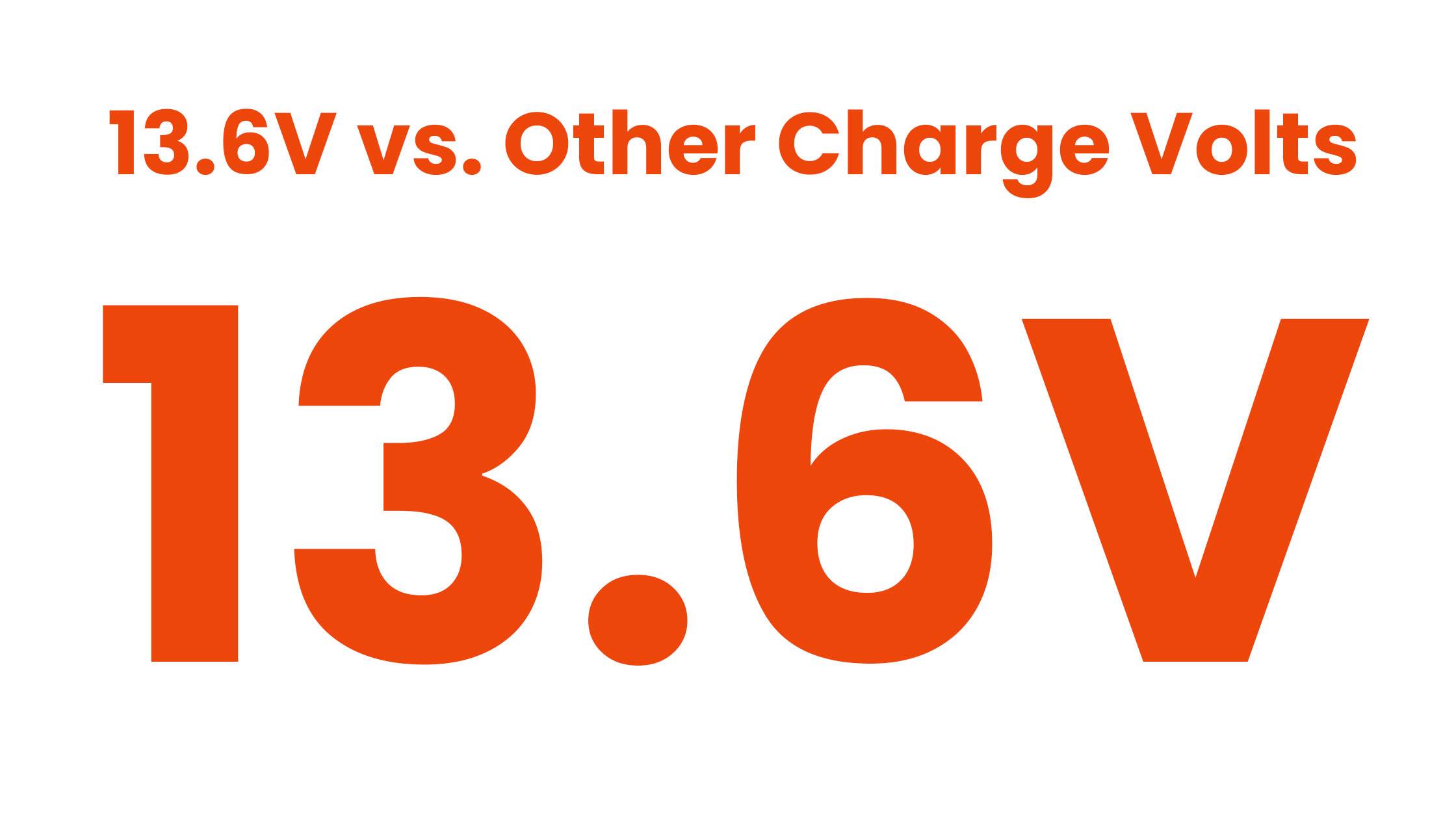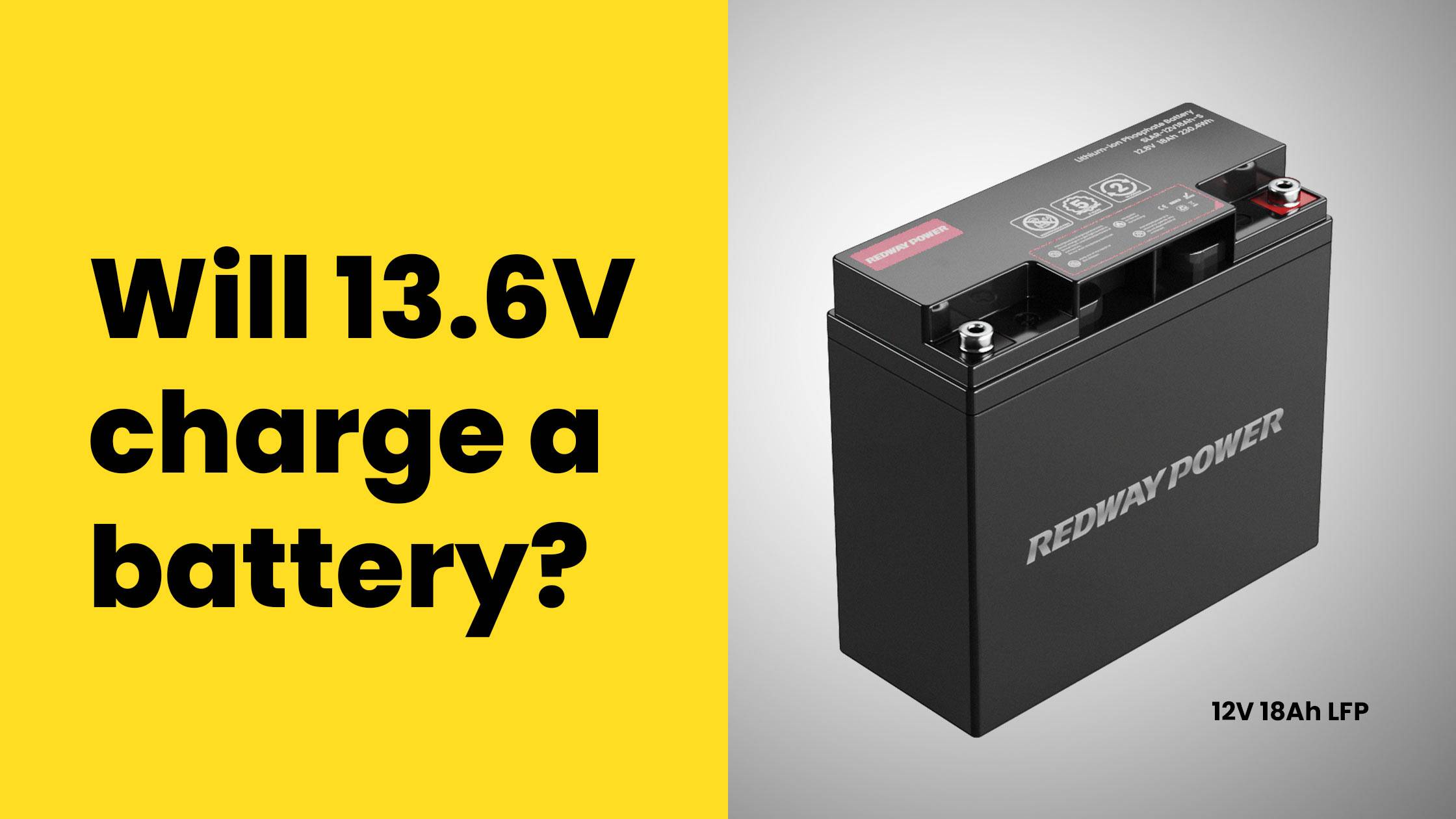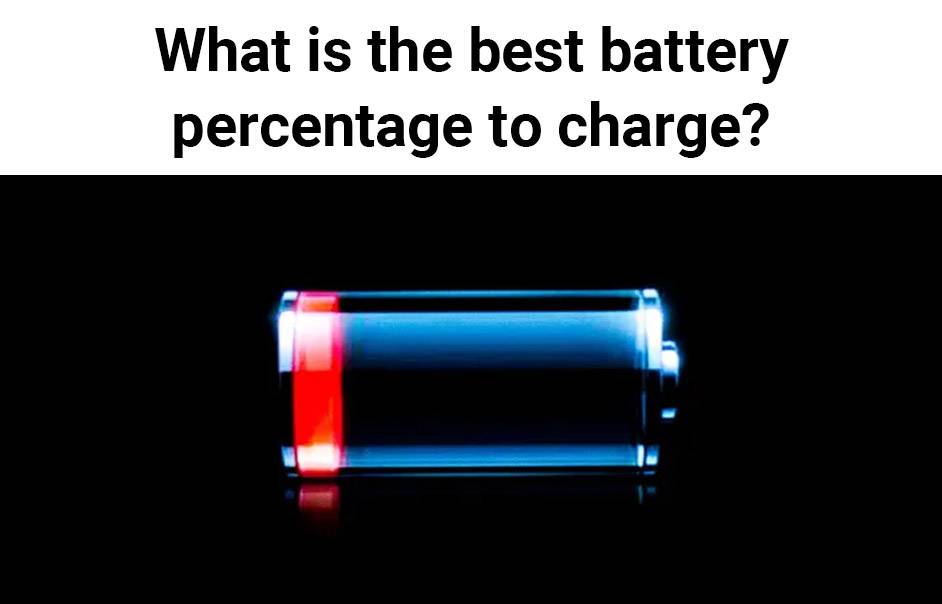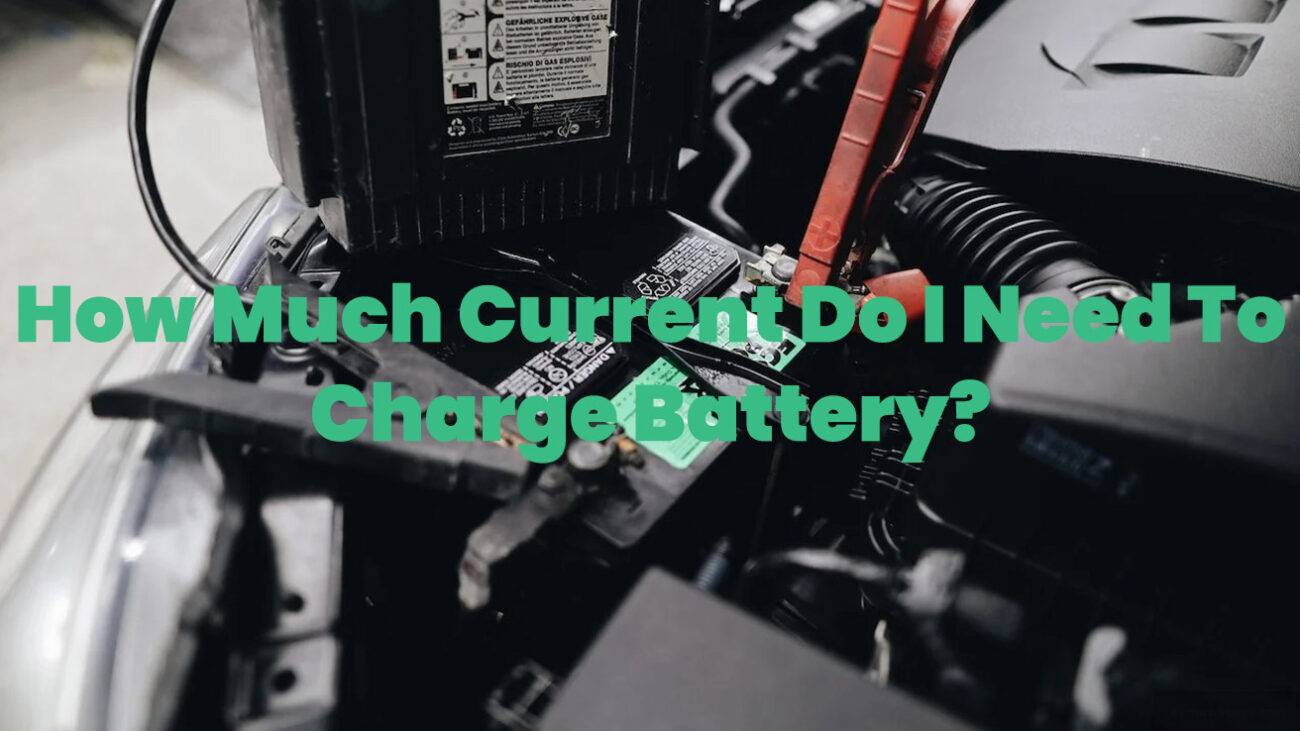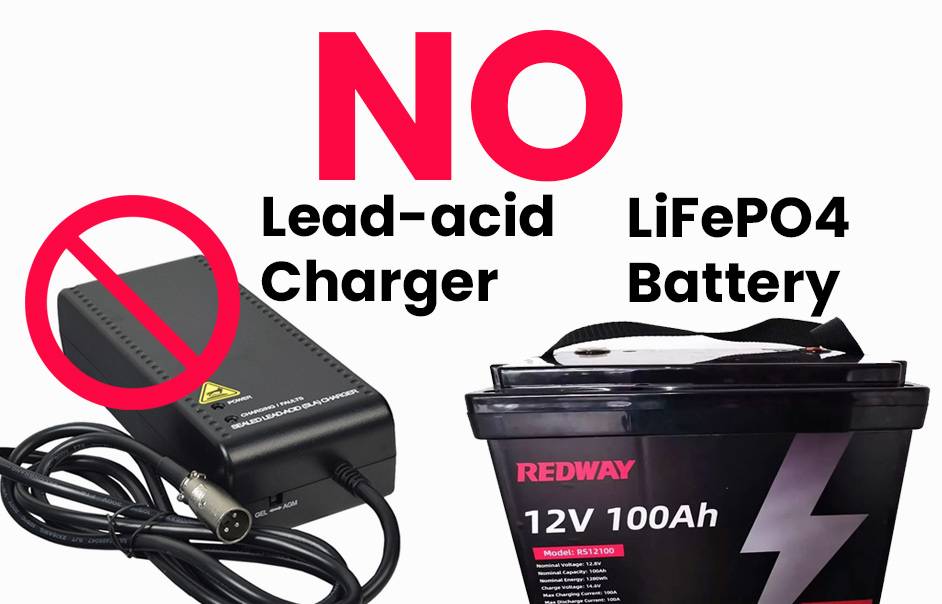A voltage reading of 13.6 volts is generally considered acceptable for charging a car battery. However, it’s essential to recognize that this voltage represents the charging process, not the resting voltage of the battery itself after charging.
Imagine your car battery—a powerhouse ready to roar. A voltage reading of 13.6 volts is like a friendly handshake—it’s acceptable for charging. But here’s the twist: this voltage isn’t the battery’s final resting state. Once fully charged, the battery’s resting voltage drops back down to around 12.7 volts. So, when you see 13.6 volts, know that your battery is getting the energy it needs!
Understanding Battery Voltage
Battery voltage is the difference in electrical potential between two terminals, determined by chemical reactions within cells. Different battery types have varying voltages, and understanding this is crucial for safety and optimal performance.
Imagine your battery as a tiny power universe. Battery voltage—the electric potential difference—drives electrons through its chemical world. Different batteries have different voltages, like unique languages. Proper charging practices keep this voltage healthy, extending battery life. So, whether it’s your phone or your car, understanding battery voltage matters!
Factors that Affect Battery Charging
Factors influencing battery charging efficiency include charger capacity, battery type, temperature, and charging conditions. Understanding these factors is crucial for optimizing battery performance and lifespan.
Imagine your battery—a tiny powerhouse waiting to be charged. Factors affecting battery charging efficiency include charger capacity (think of it as the charger’s strength), battery type (like different languages spoken by batteries), temperature (too hot or too cold affects charging speed), and charging conditions (like a cozy home for your battery). Knowing these factors helps you keep your battery happy and charged!
13.6 Volts vs Other Charging Voltages
A fully charged lithium-ion battery provides around 13.6 volts, but at 50% charge, it settles at 13.13 volts. This behavior is normal due to the battery’s chemistry and temperature. Remember, voltage alone isn’t the best indicator of charge status for lithium-ion batteries.
When it comes to batteries, voltage matters. Let’s explore why different voltages matter during charging and what it means for your devices.
- Voltage Dynamics:
- Batteries don’t play by a fixed voltage rule. For instance:
- Lead-Acid Batteries: They start at around 12.7V when fully charged but drop to 11.6V as they deplete.
- Lithium-Ion Batteries: At full charge, they hit 13.6V, but at 50% charge, it’s 13.13V.
- Why? Battery chemistry and temperature influence these voltage shifts.
- Batteries don’t play by a fixed voltage rule. For instance:
- LiFePO4 vs. Lead-Acid:
- LiFePO4 (LFP) batteries have a flatter voltage curve. They hold steady around 13.6V when charged.
- Lead-acid batteries, on the other hand, need higher charging voltages (around 14.4V) to reach their full potential.
- Smart Charging:
- Smart chargers adjust voltage dynamically. They aim for the sweet spot—enough to charge but not overcharge.
- So, if your battery rests at 14.07V, don’t fret—it’s just smart charging doing its magic.
In summary, voltage dances to its own tune, but smart charging keeps our batteries humming!
